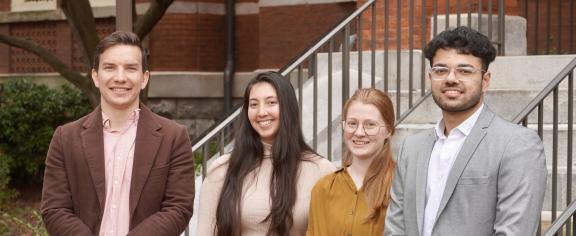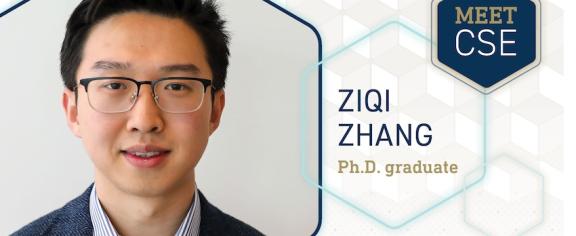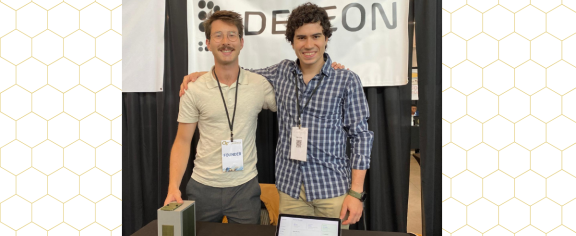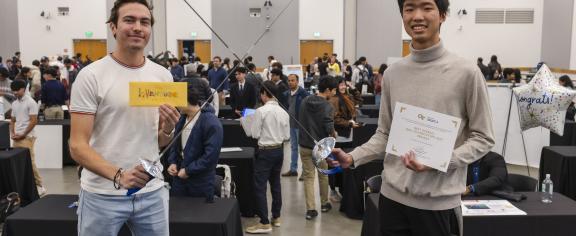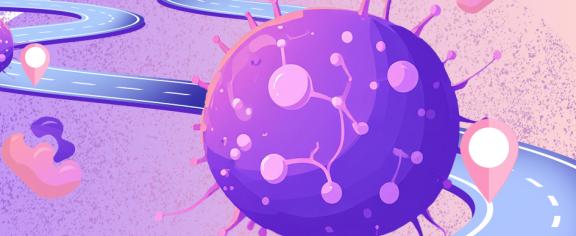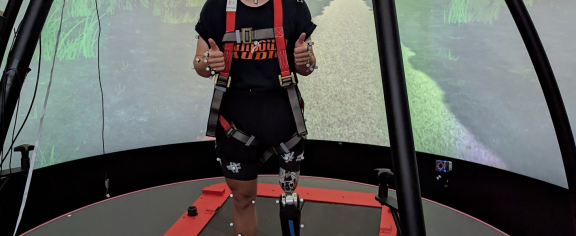2026-01-15
Four graduate students from the College of Sciences were selected for the new Community Engagement Graduate Fellowship, made possible through a gift from Google, to develop projects that positively impact the metro Atlanta area.
2026-01-08
By studying the way social forces shape health inequalities, medical sociology helps address how health and illness extend beyond the body and into every aspect of people’s lives.
2025-12-10
Yunan Luo is the recipient of an NSF Faculty Early Career Development (CAREER) award to use artificial intelligence to solve the protein annotation inequality problem.
2025-12-16
Studying how mice see has helped researchers discover unprecedented details about how individual brain cells communicate and work together to create a mental picture of the visual world.
2025-12-11
Ph.D. graduate Ziqi Zhang will join the Class of 2025 in walking across the stage, receiving diplomas, and graduating from Georgia Tech.
2025-11-24
By uniting expertise and resources, Georgia’s leading institutions are creating practical solutions to improve health outcomes across the state.
2025-11-04
Inspired by NASA technology, Georgia Tech alumni launched Deleon—a startup using biochemical data to advance preventive health, backed by CREATE-X.
2025-11-04
Georgia Tech’s Fall 2025 I2P Showcase will feature over 60 student prototypes tackling real-world challenges.
2025-10-16
Two years into a $49.5 million cancer-mapping project, researchers are opening the door to new kinds of tests that could alert doctors to multiple kinds of cancer when they’re most treatable.
2025-09-30
Born with a congenital limb disorder, Wallace wants to use his own experience to develop new prosthetics.
